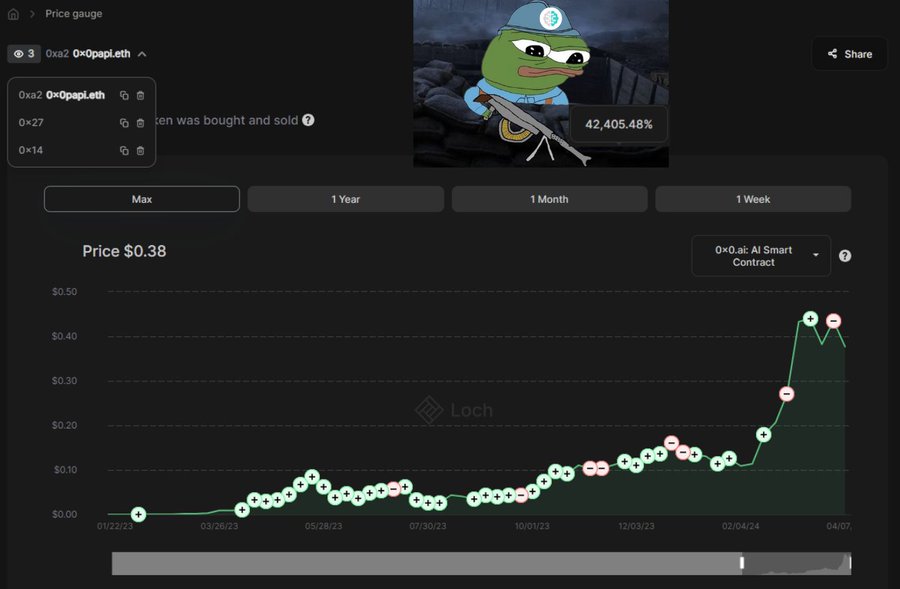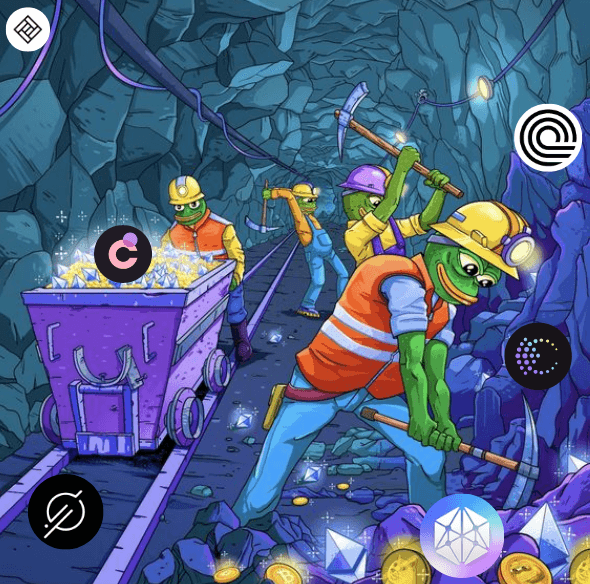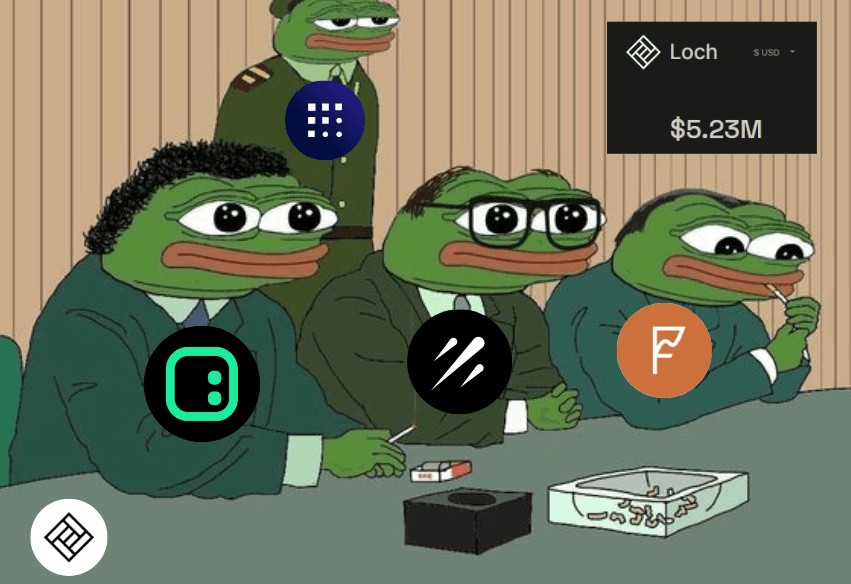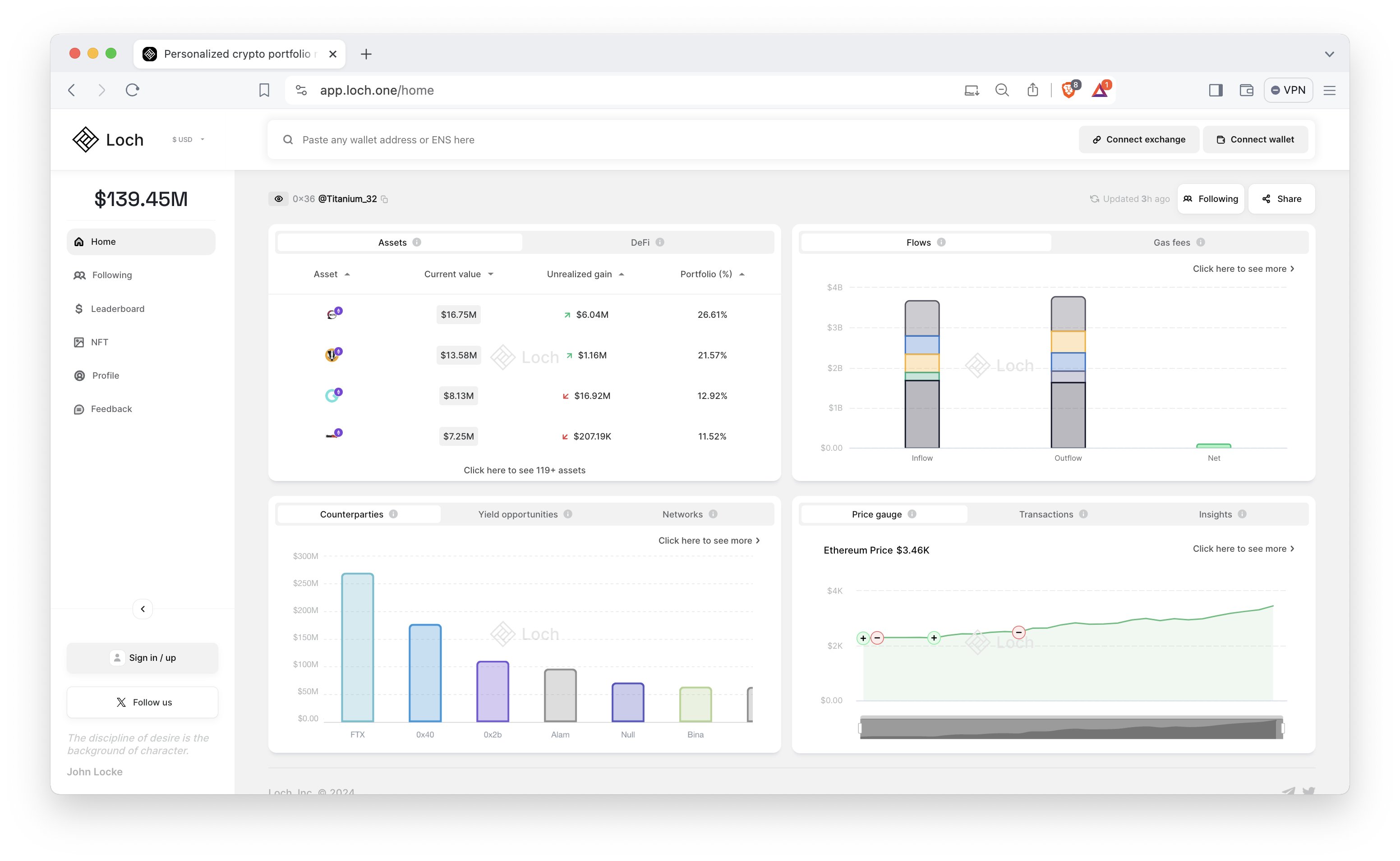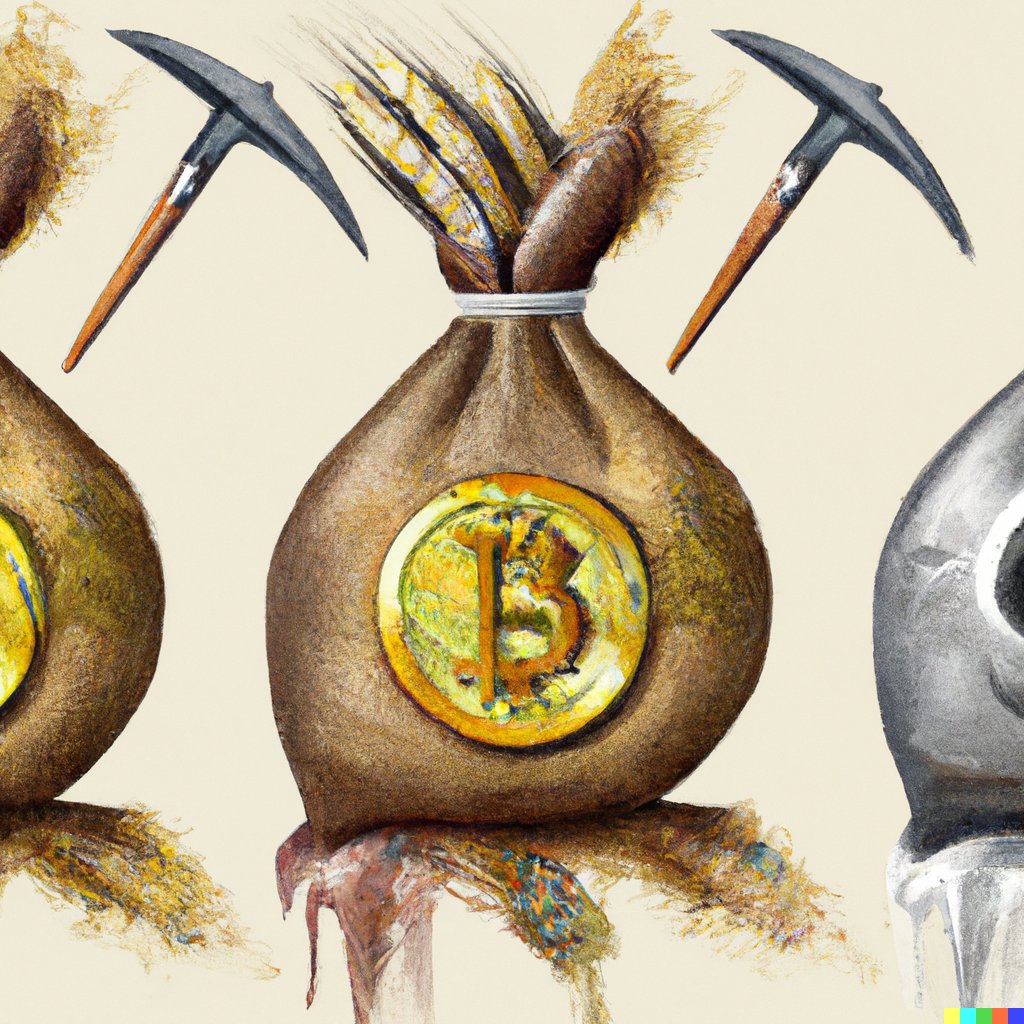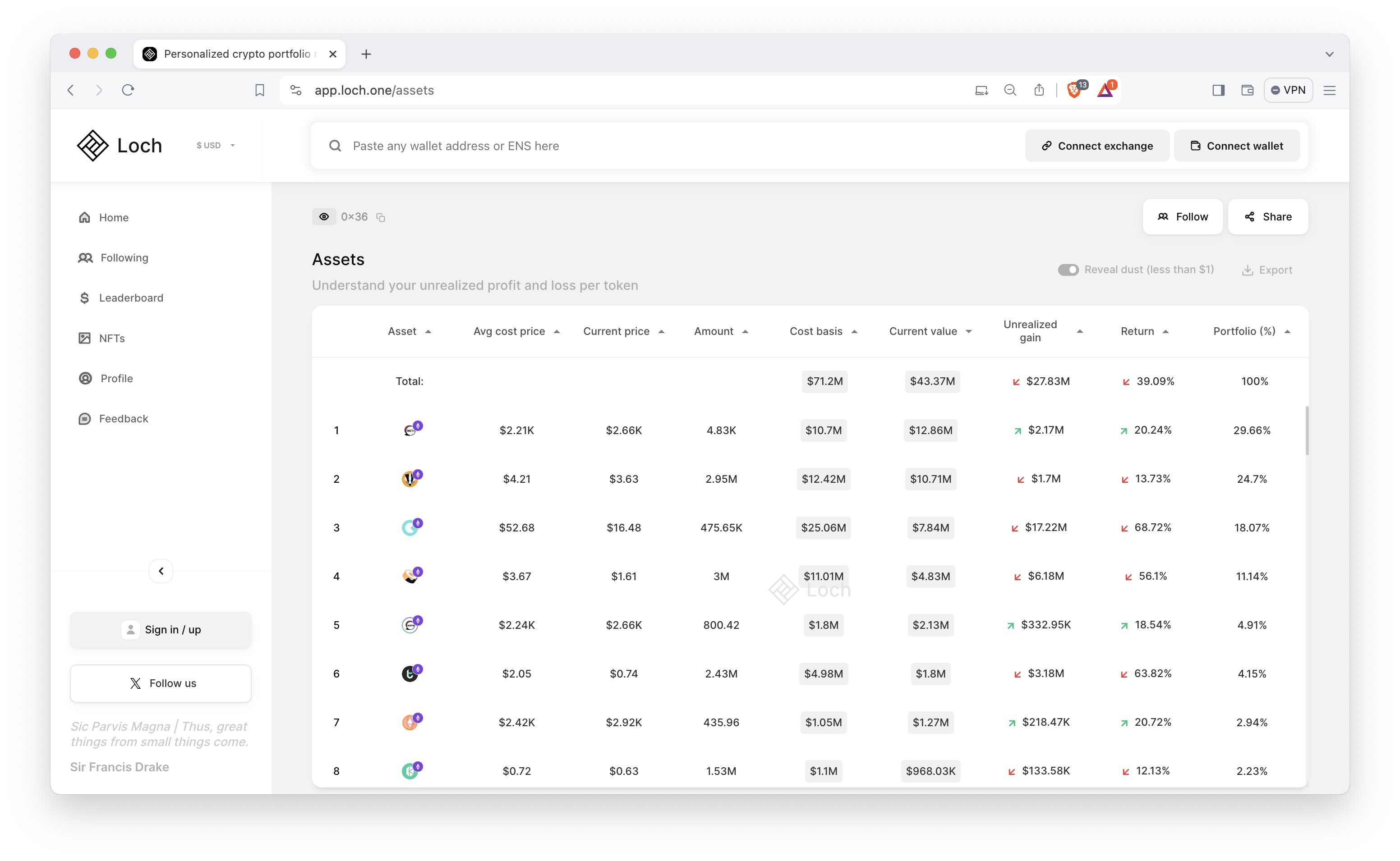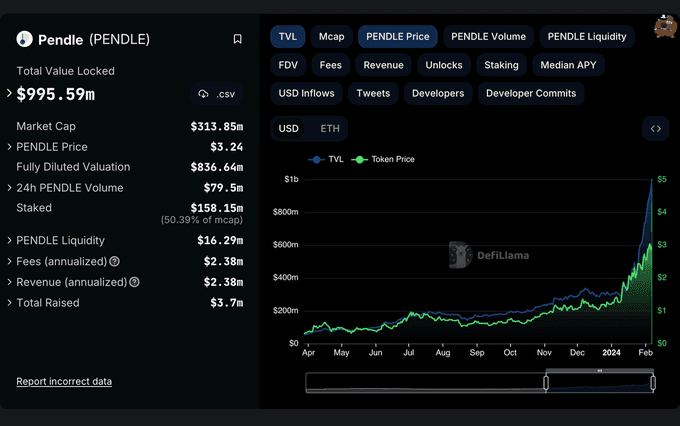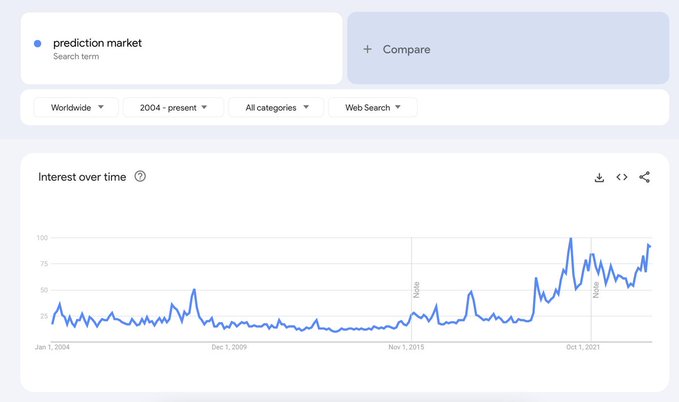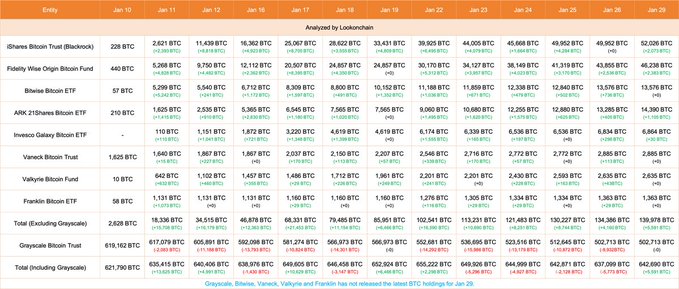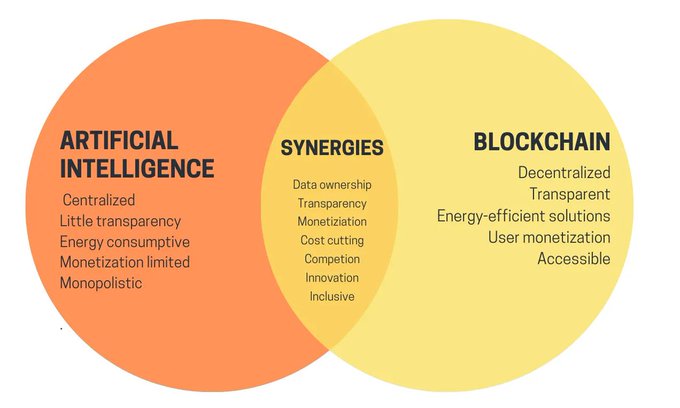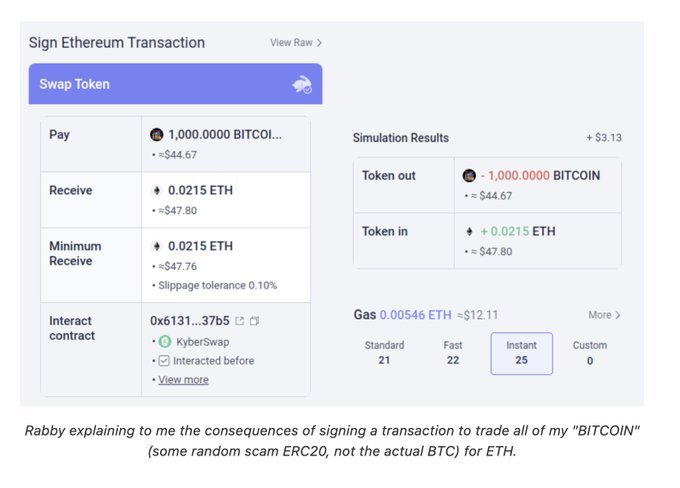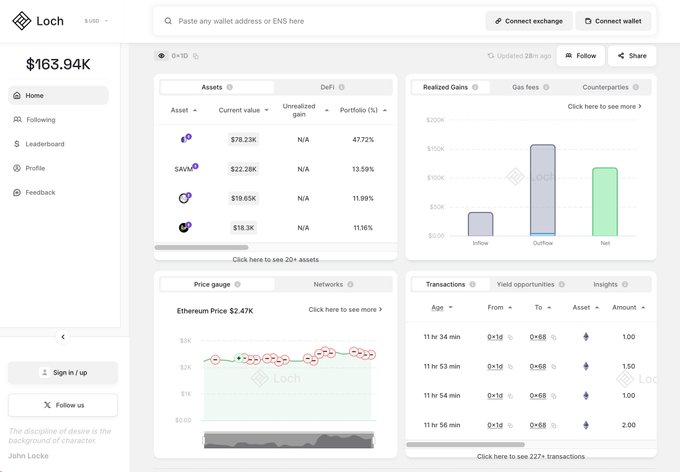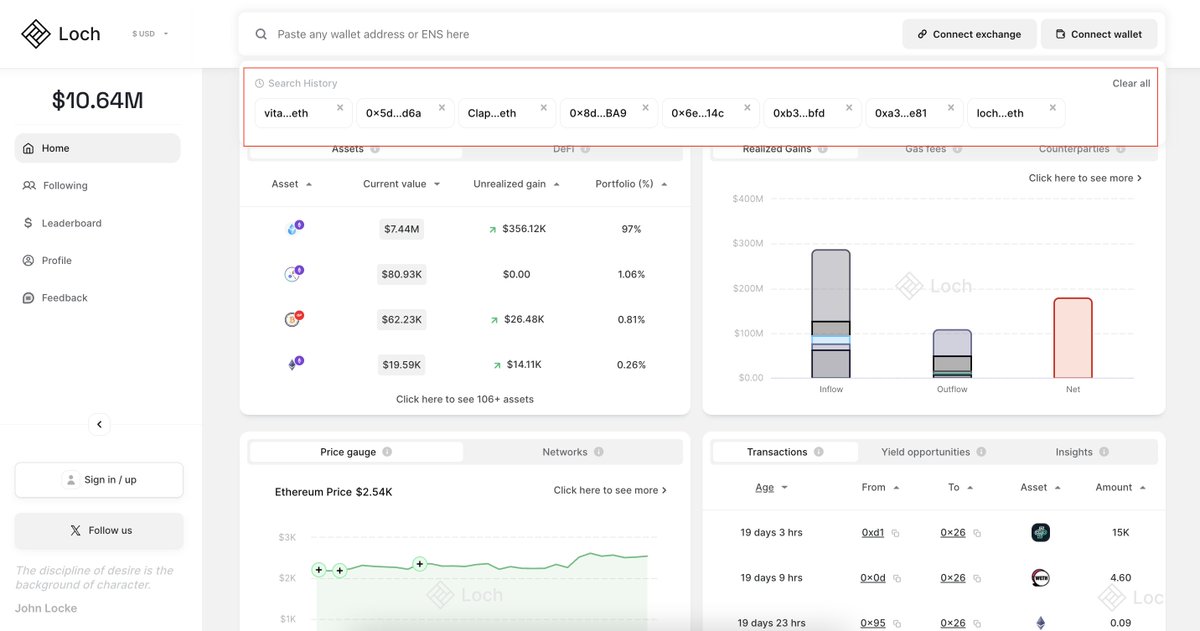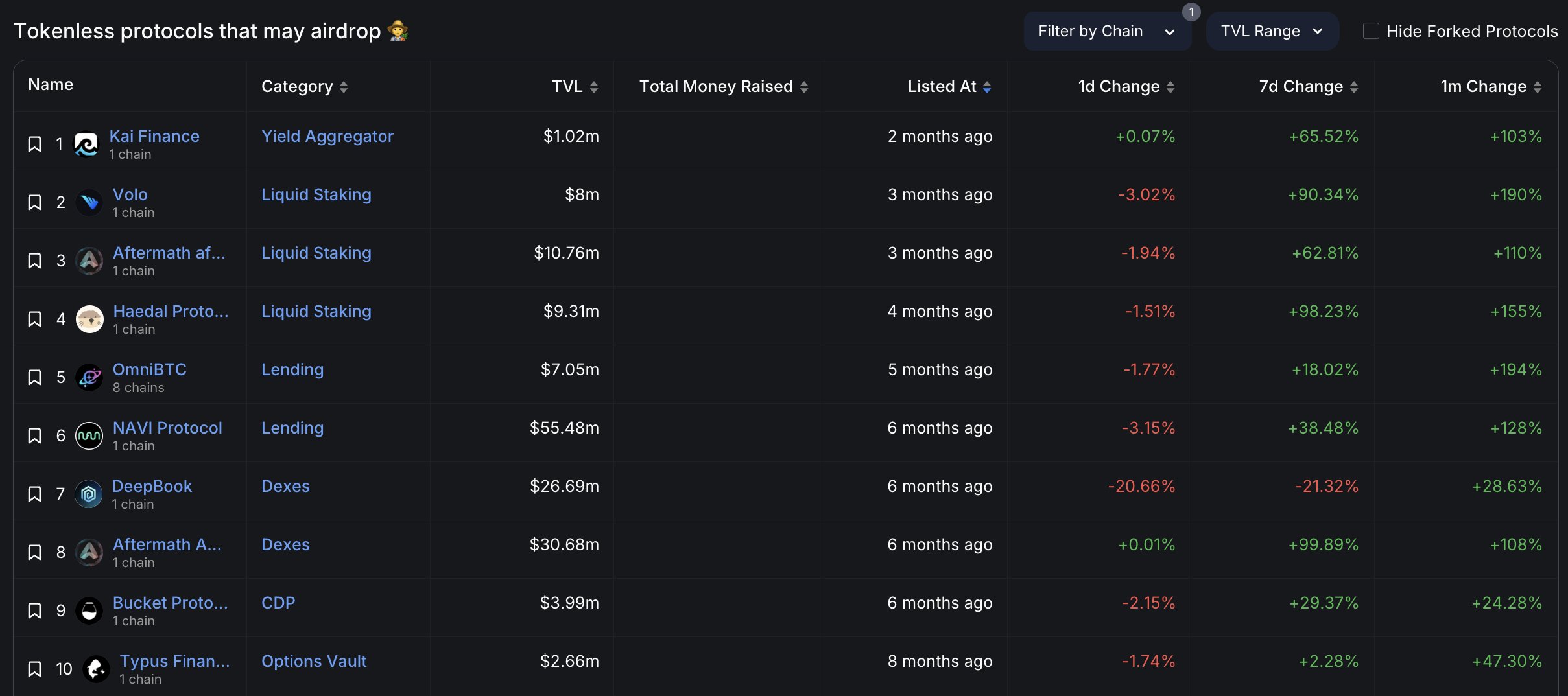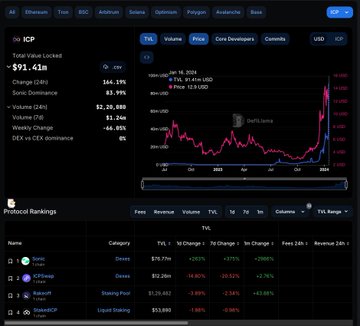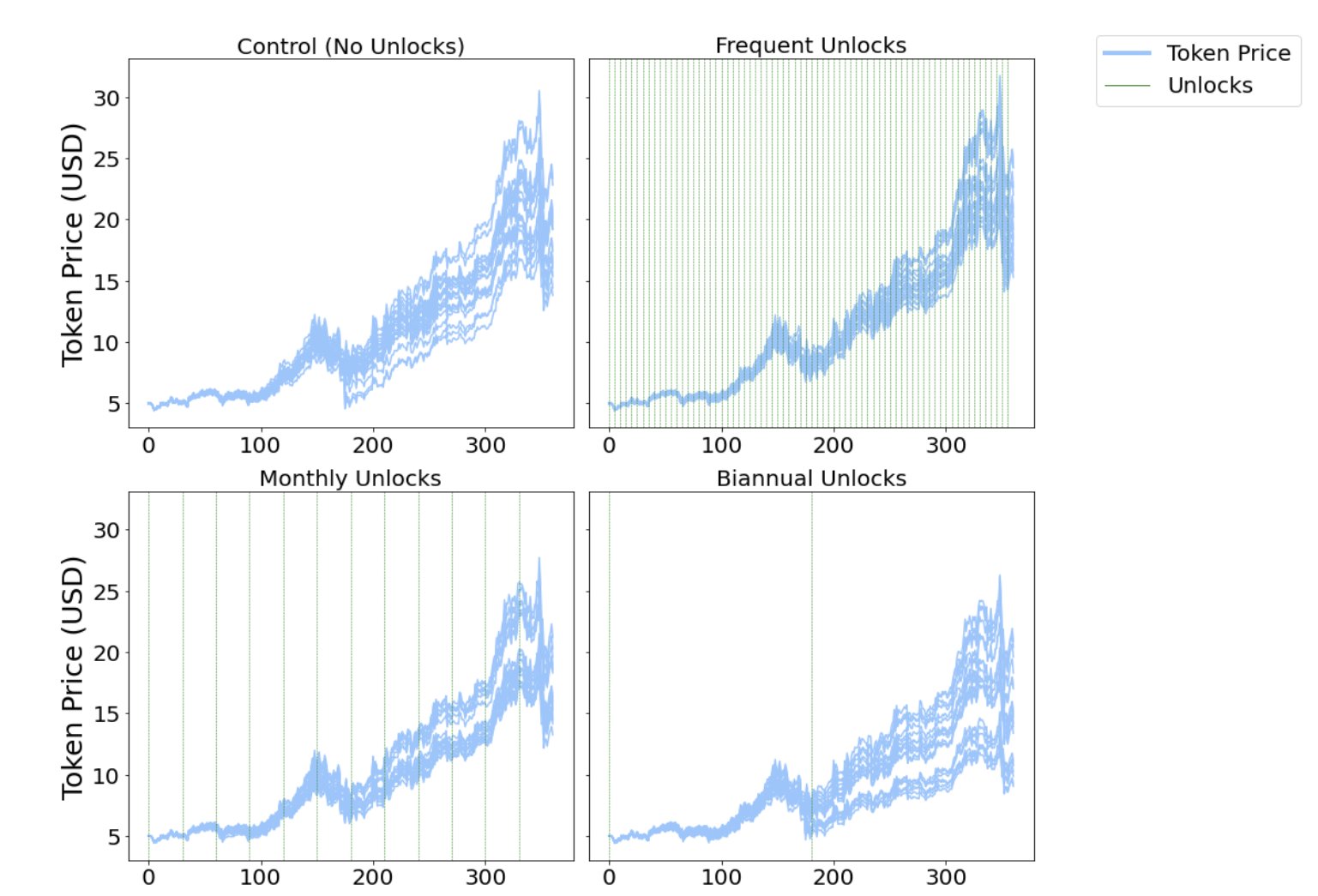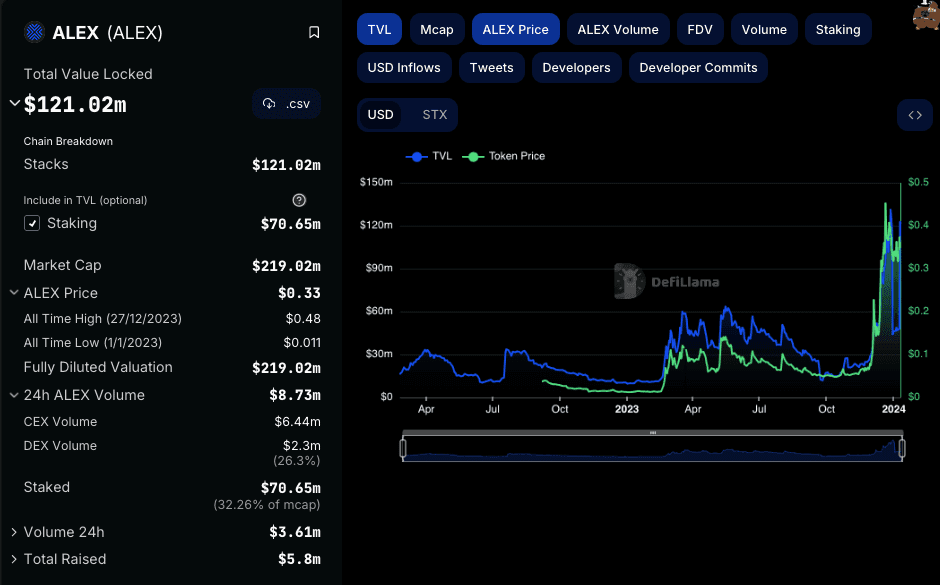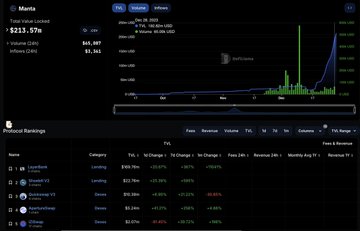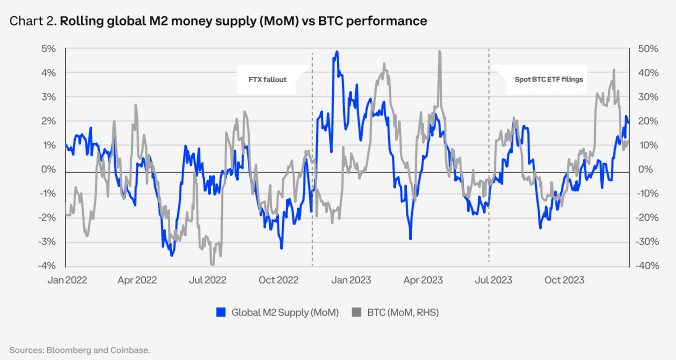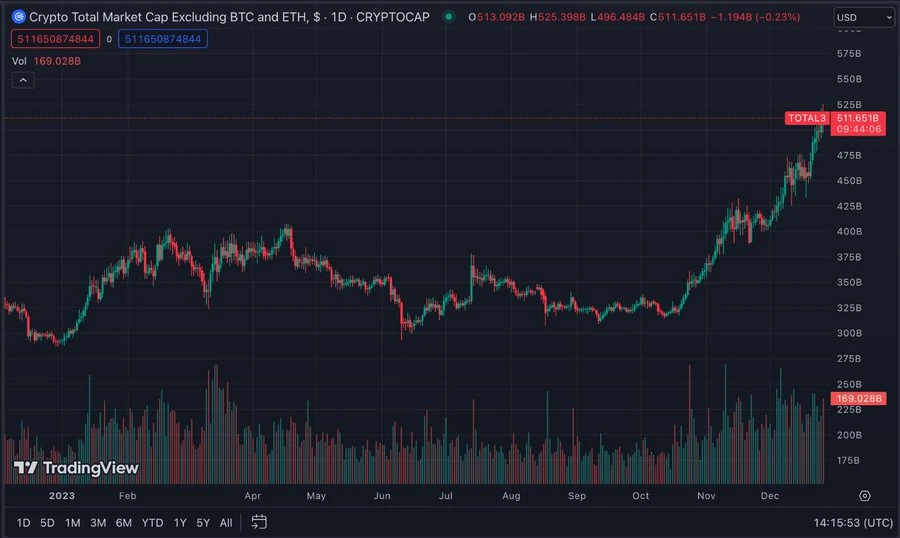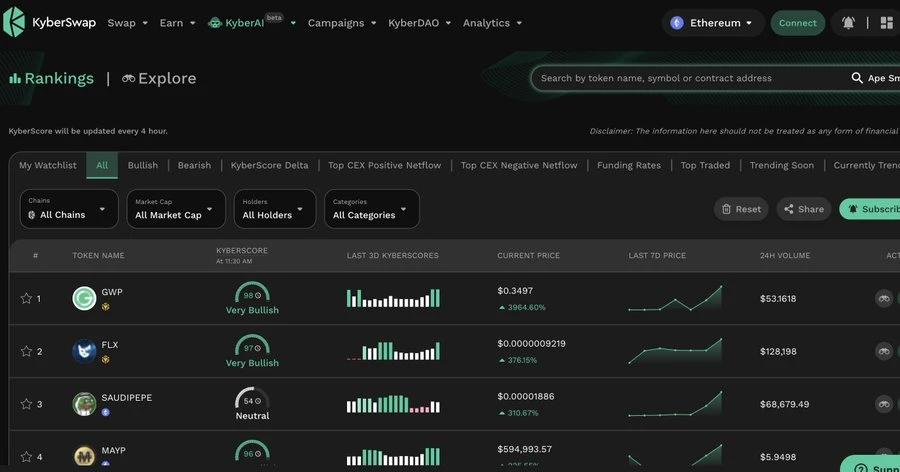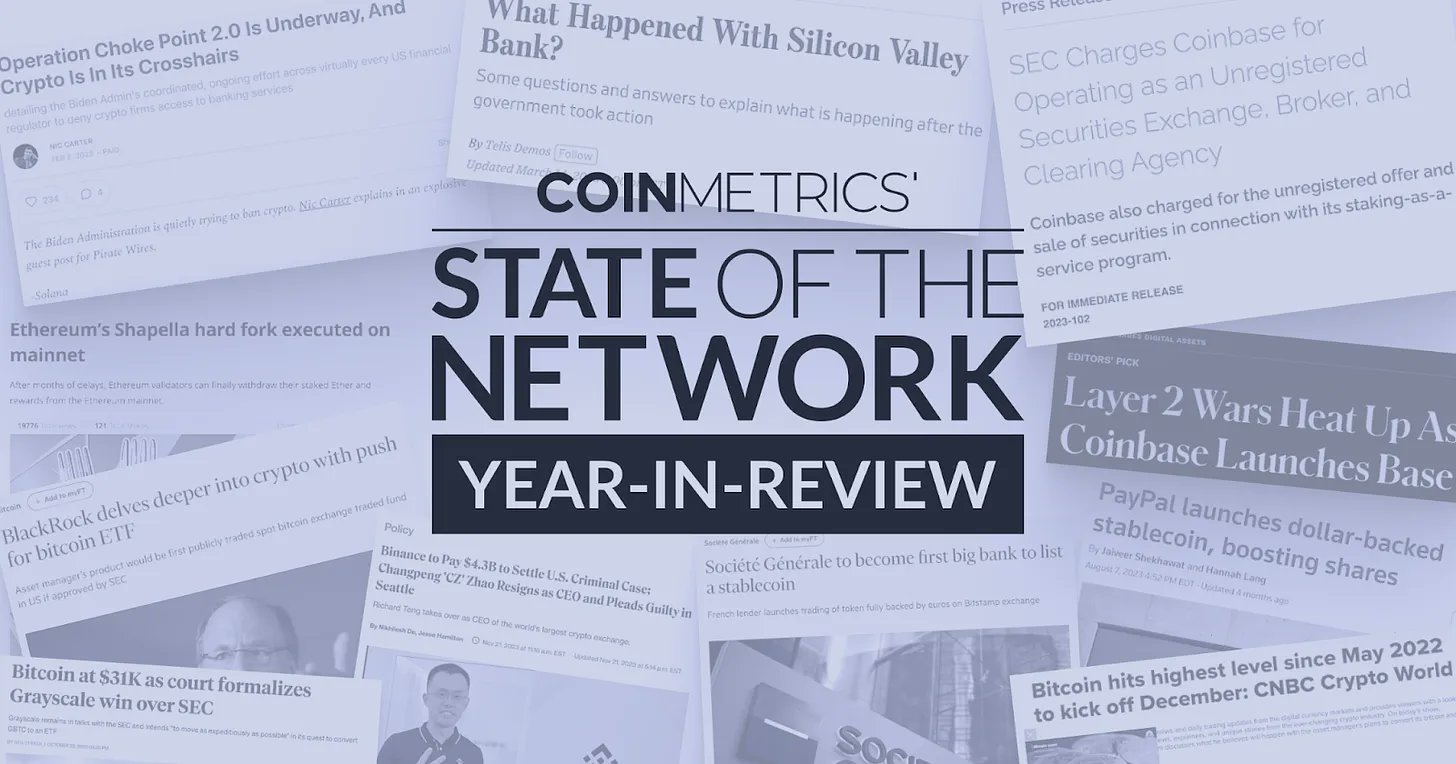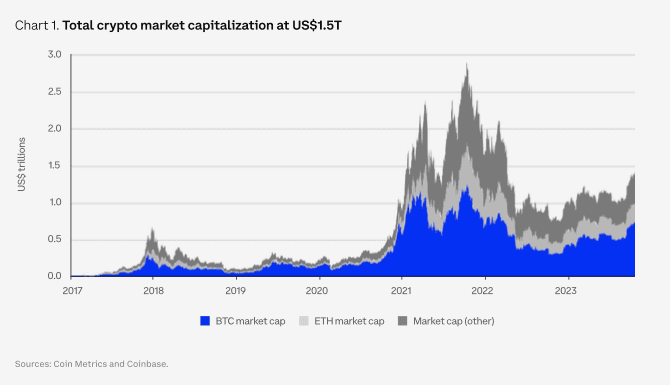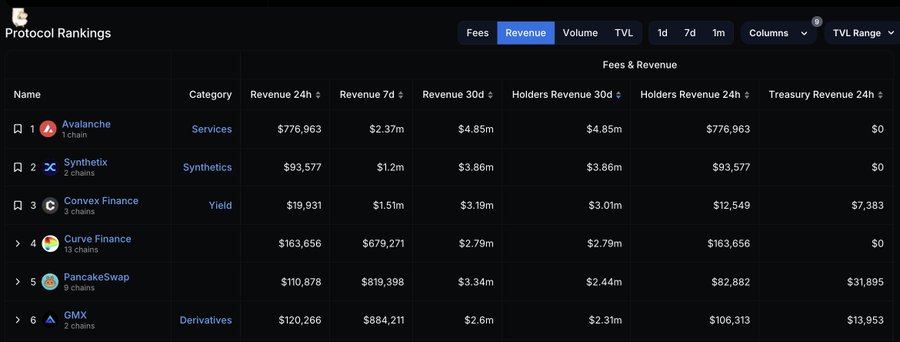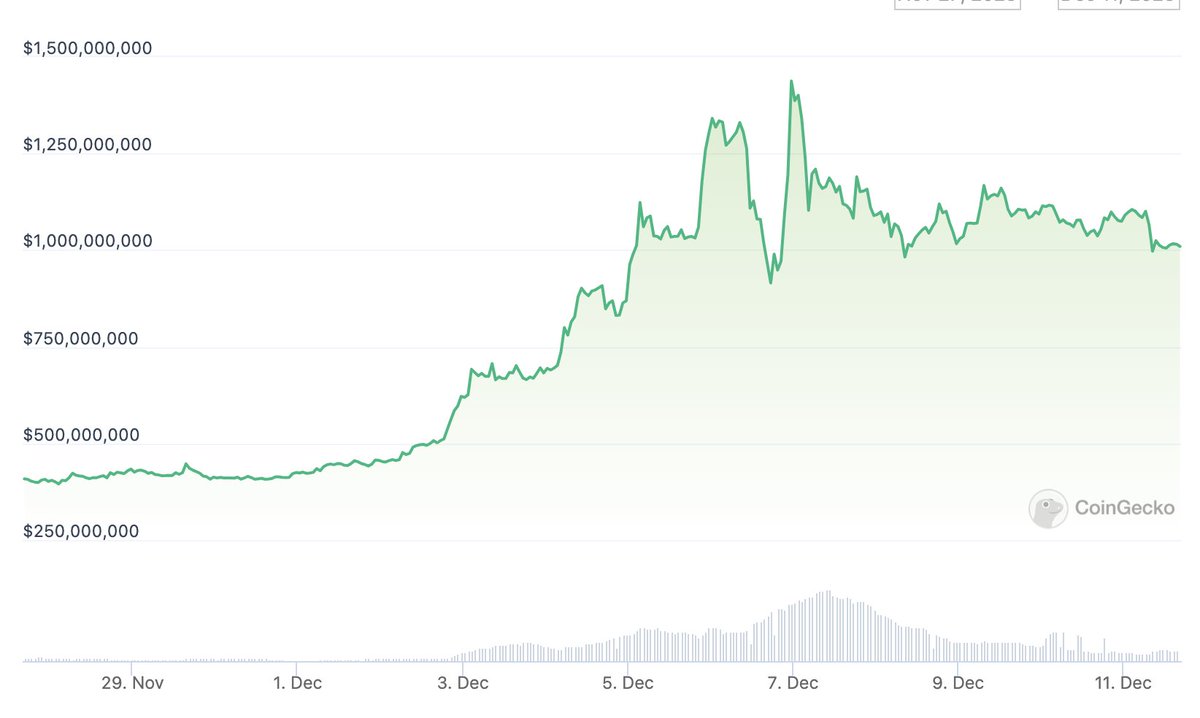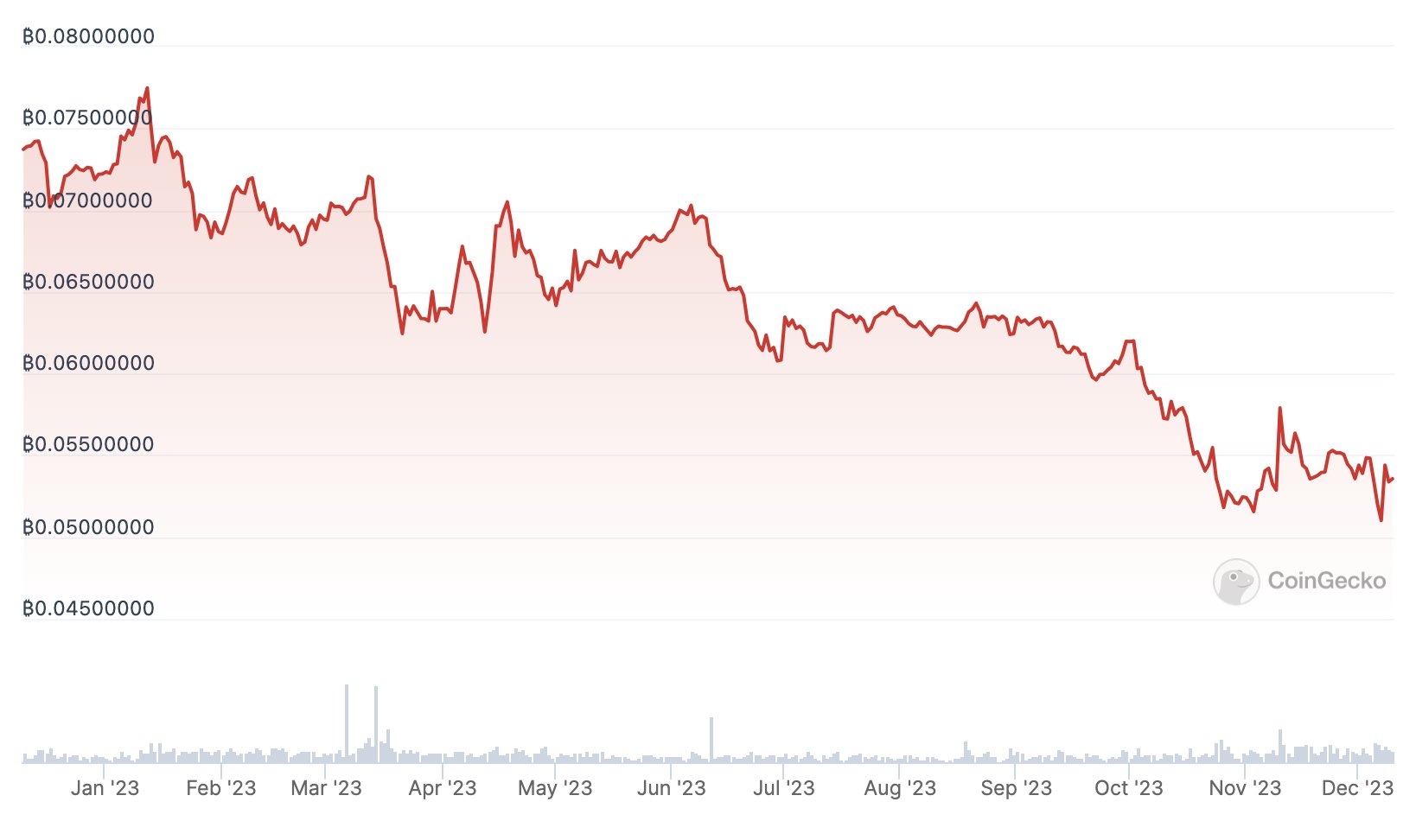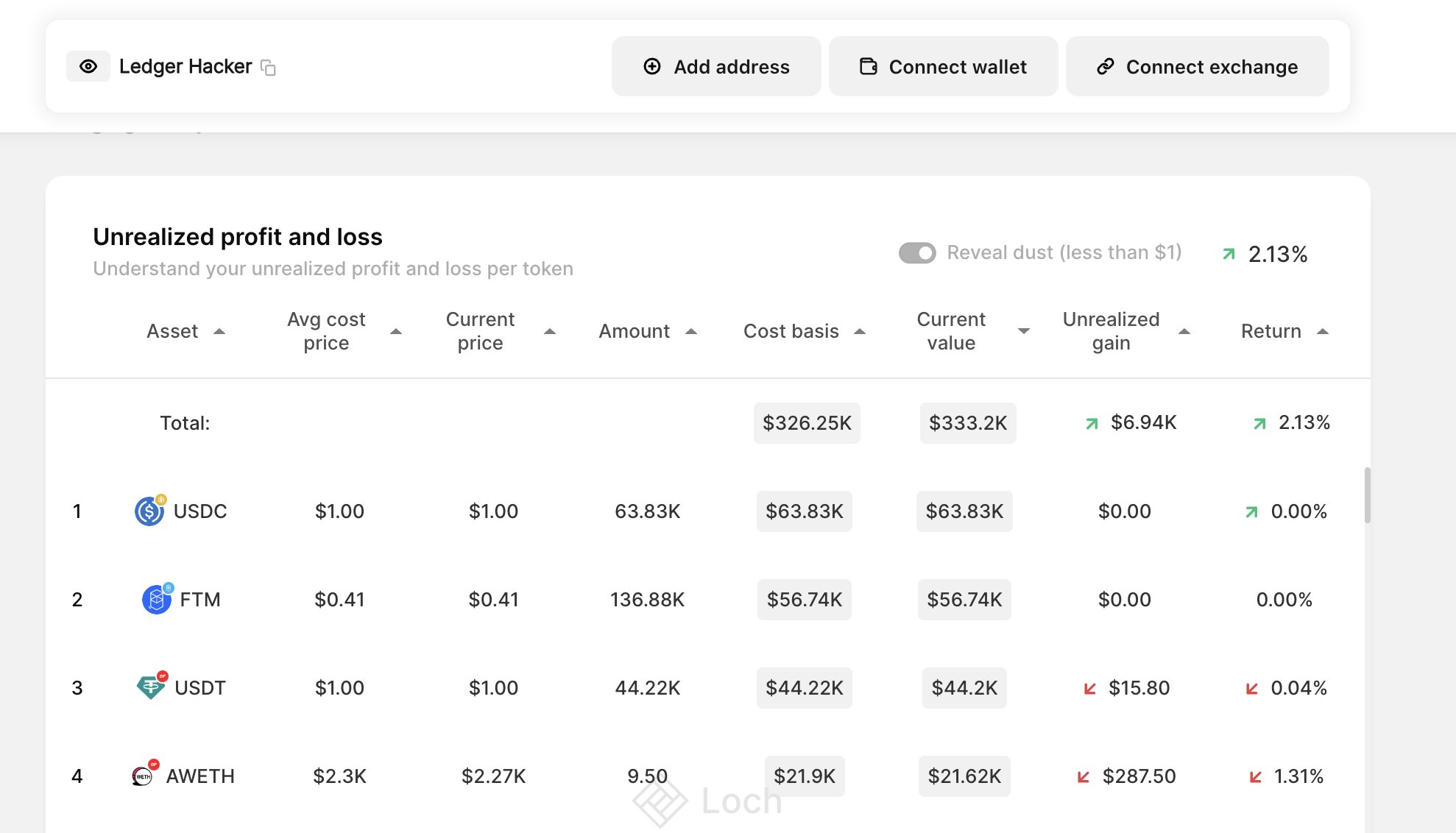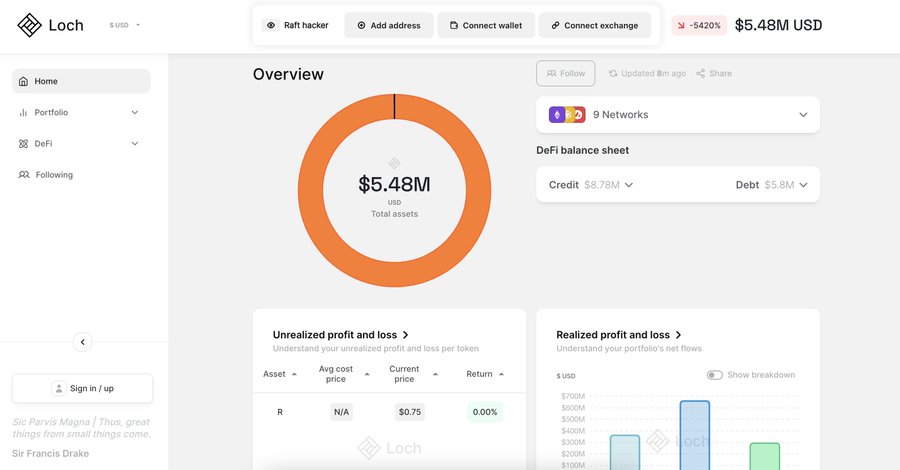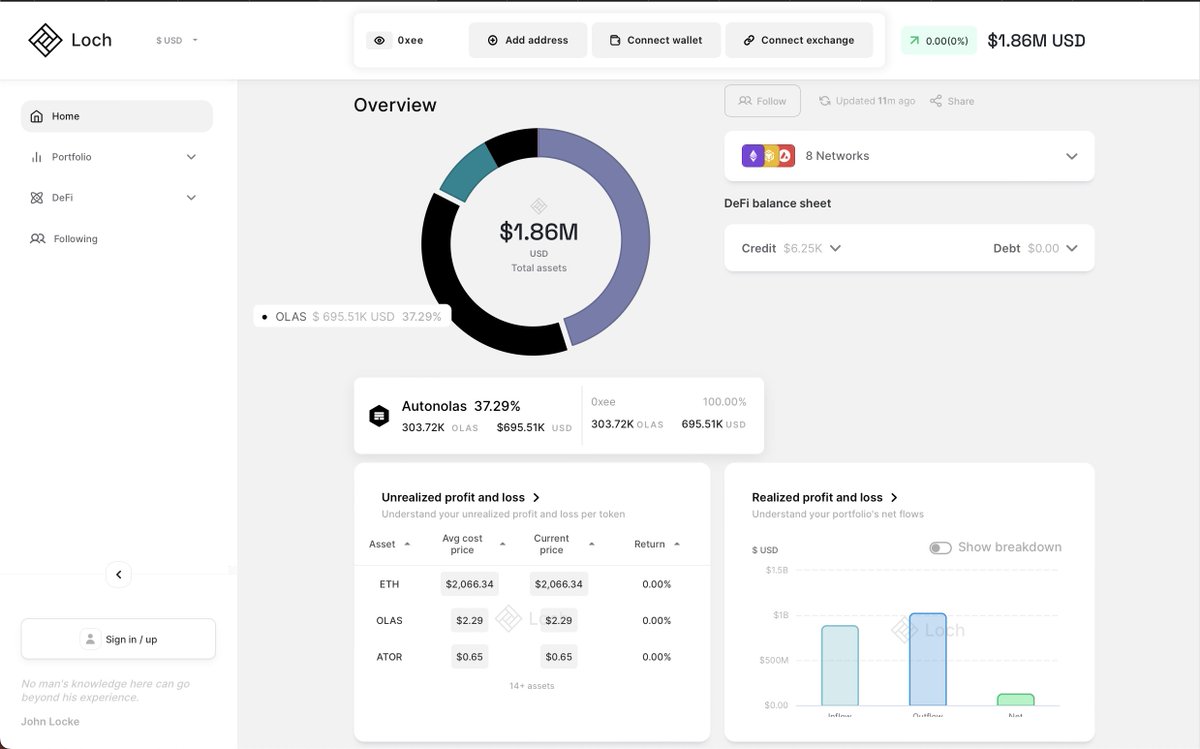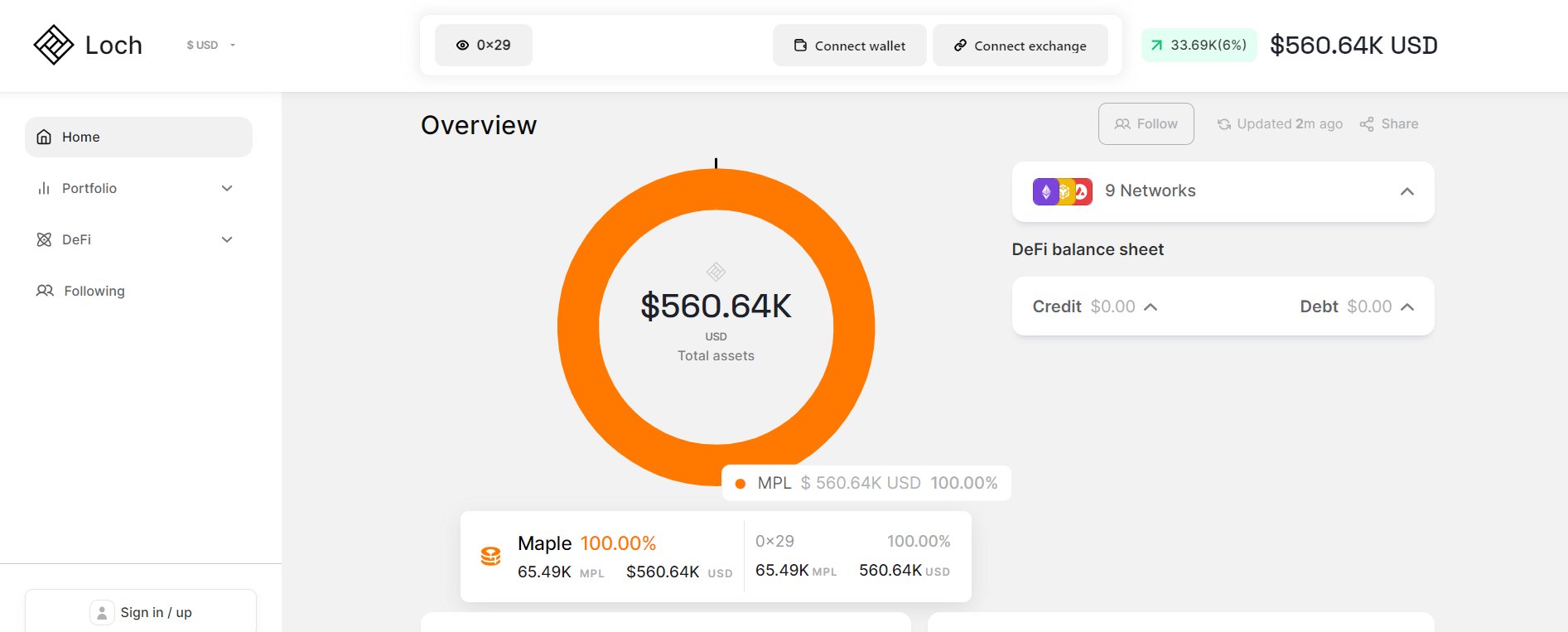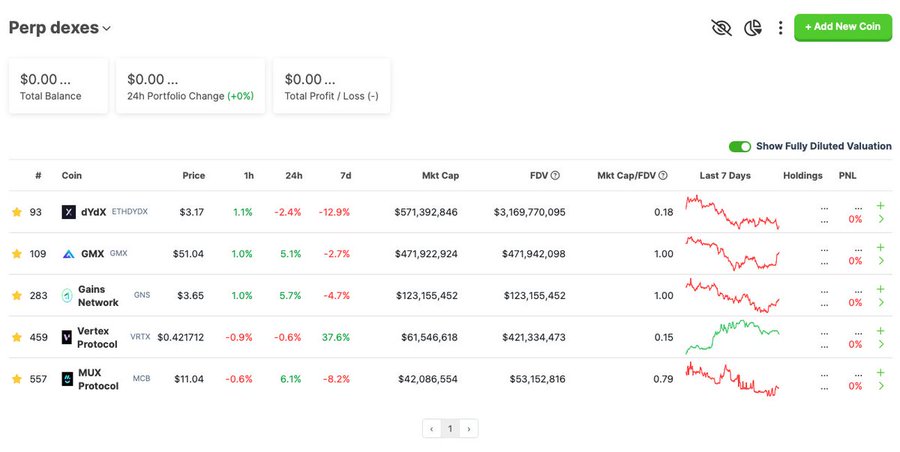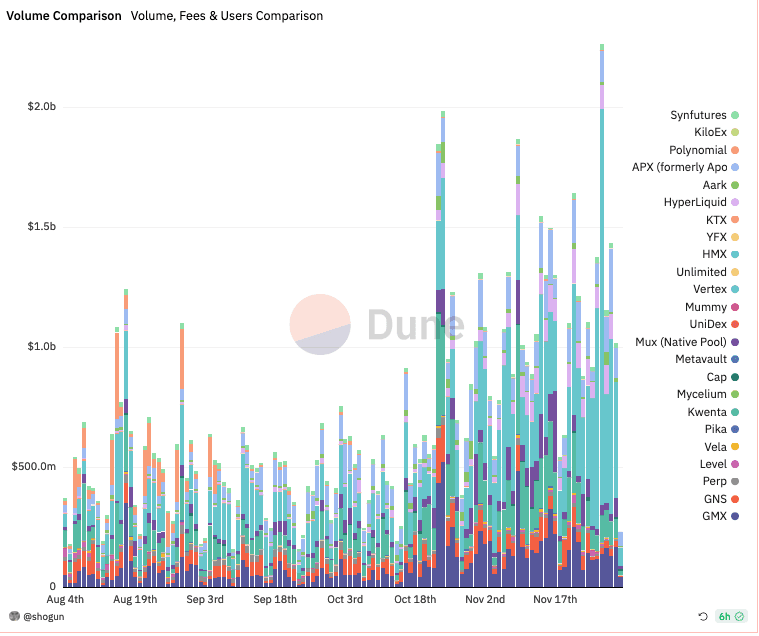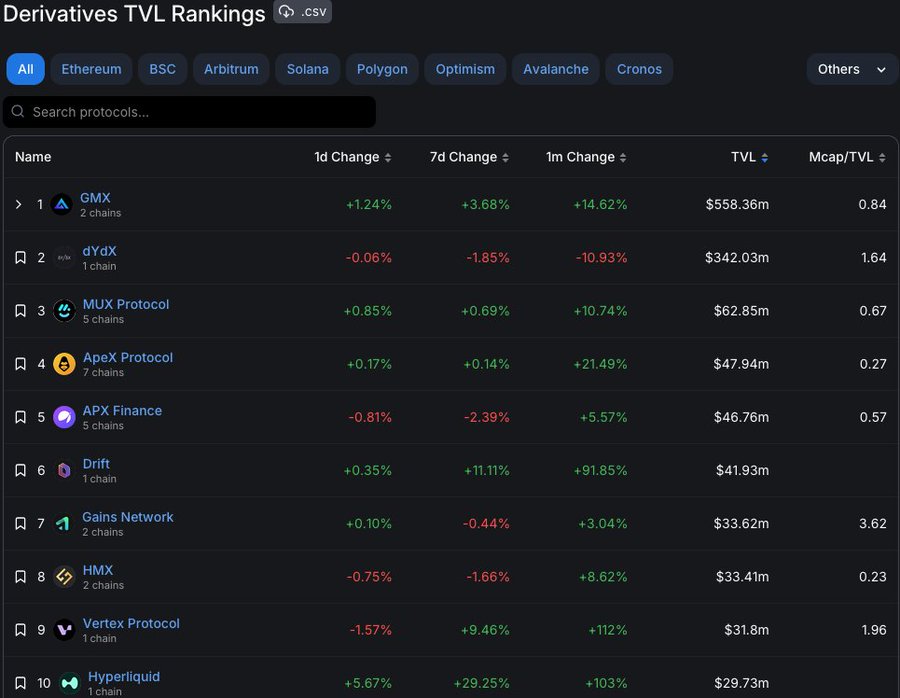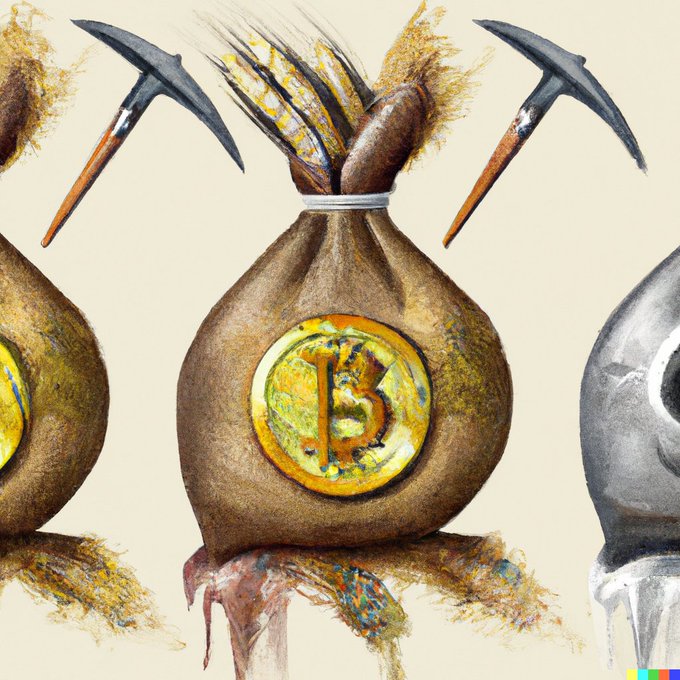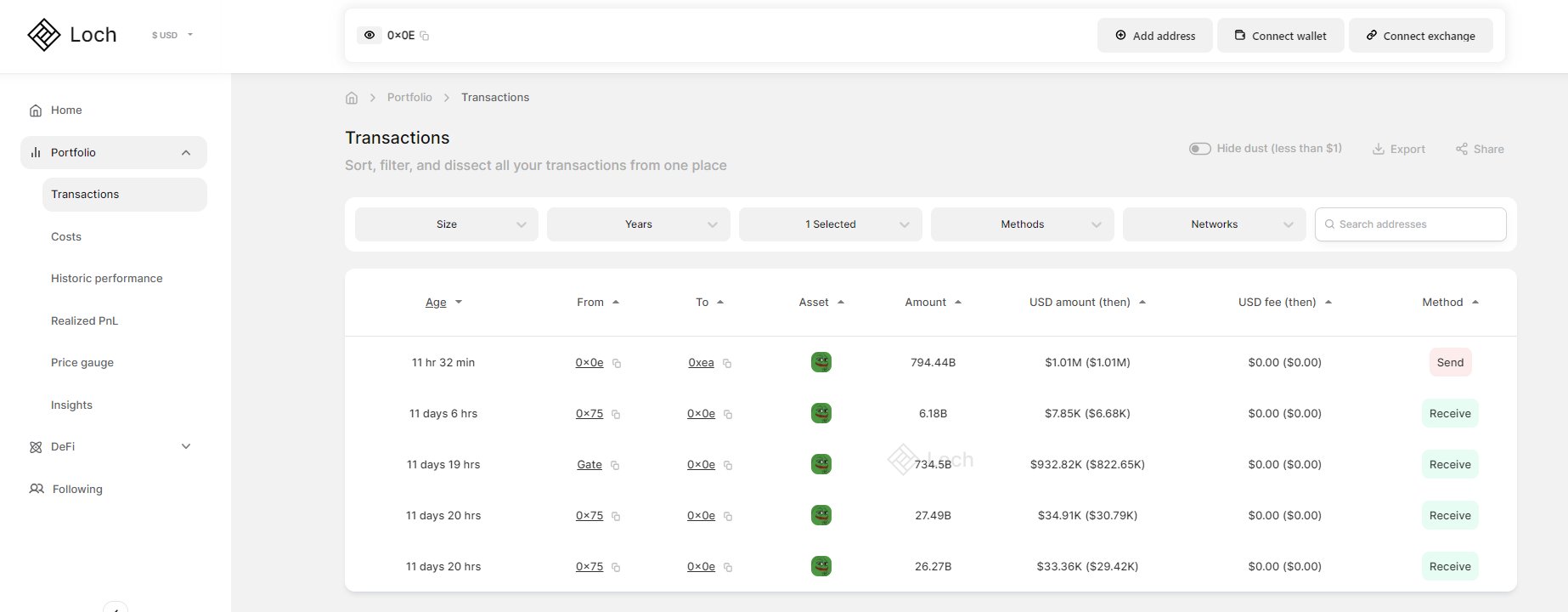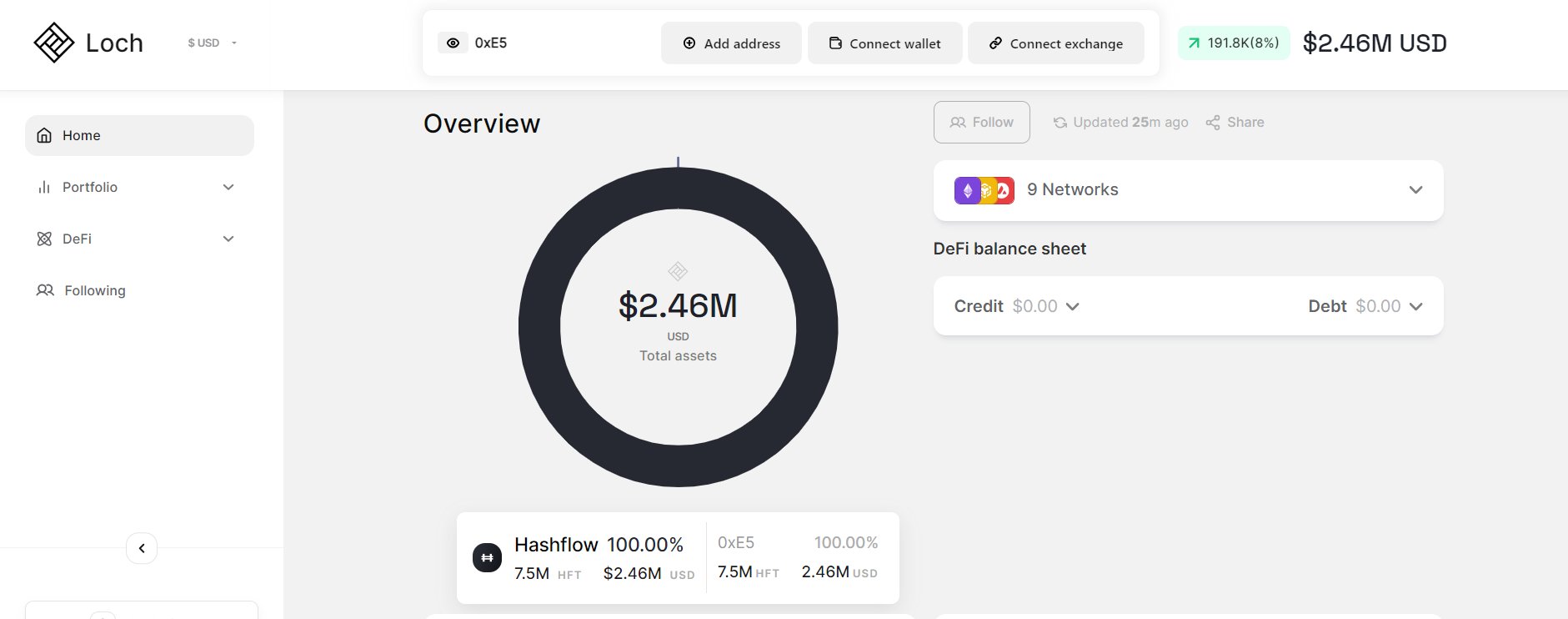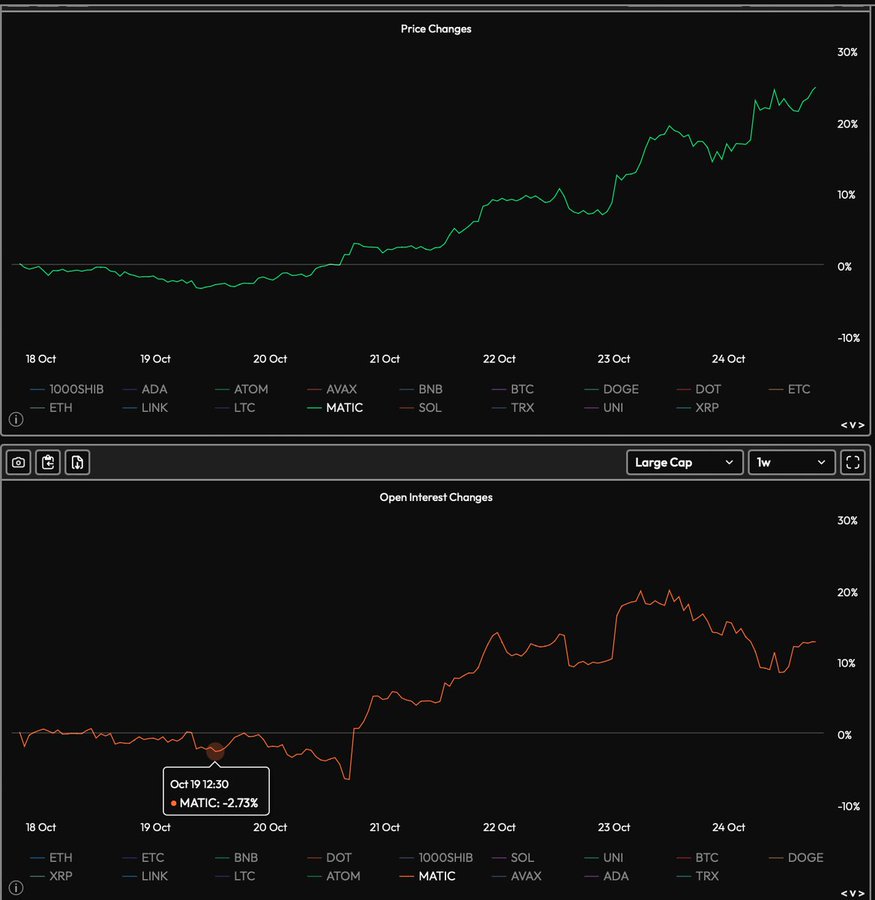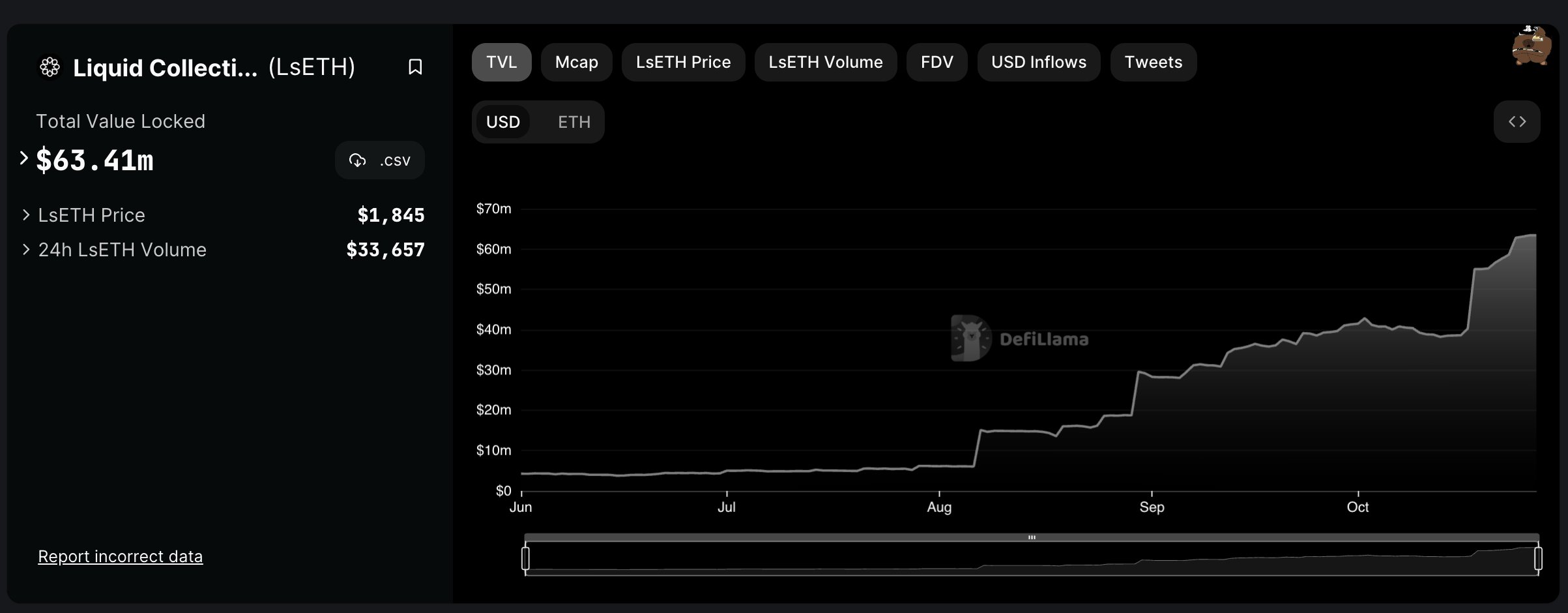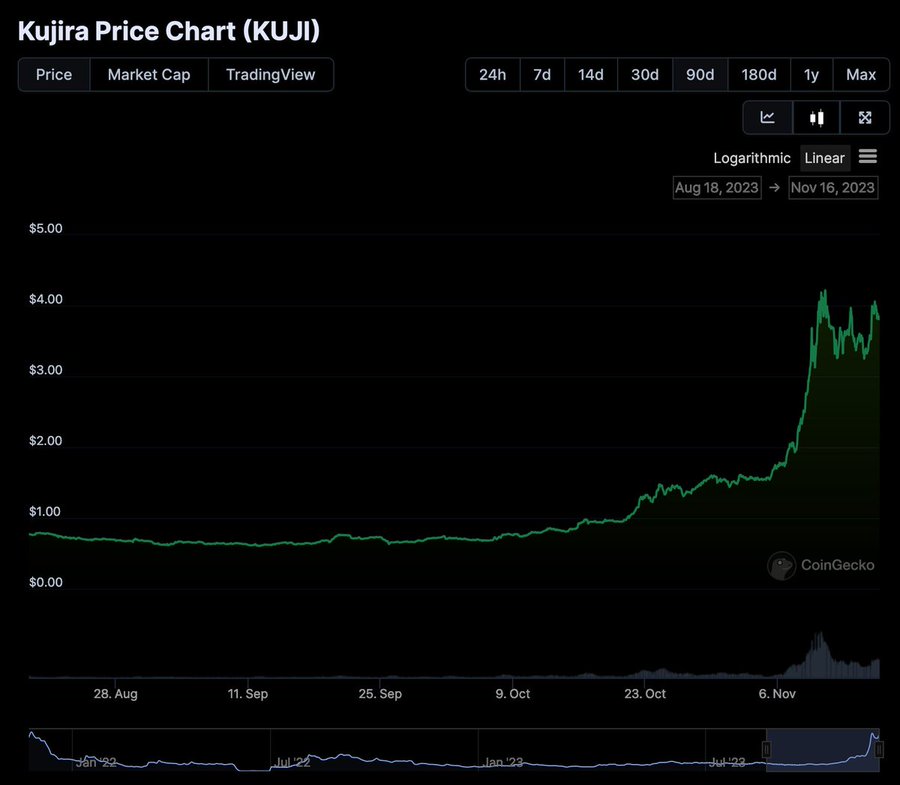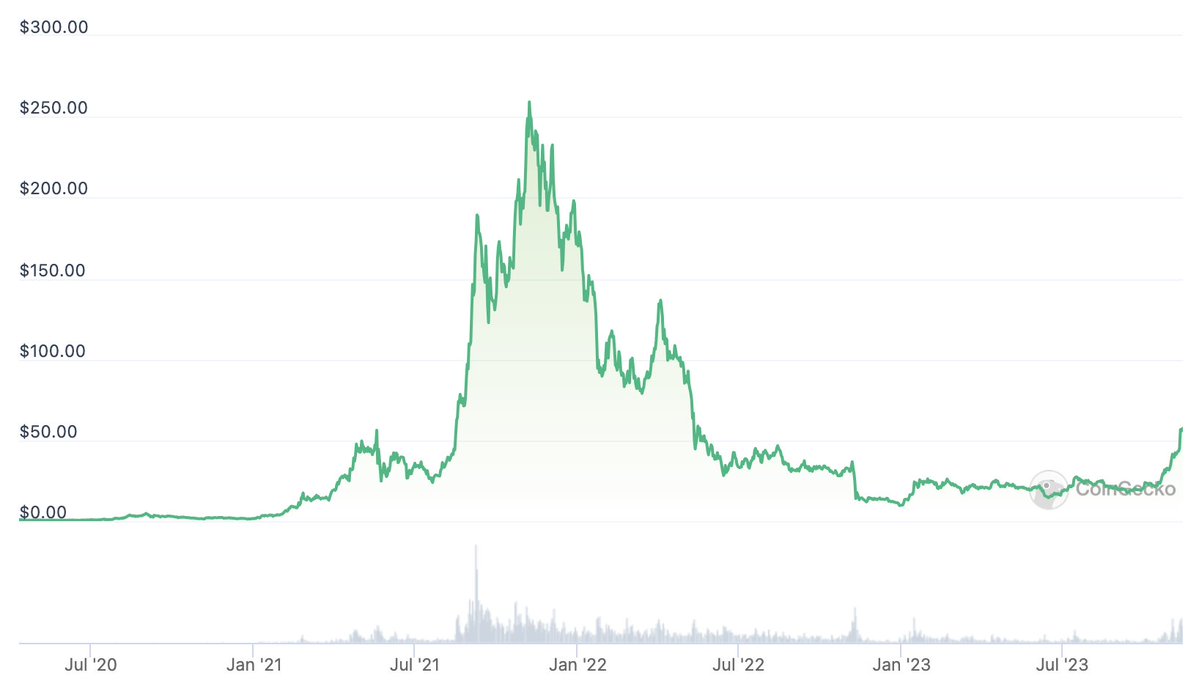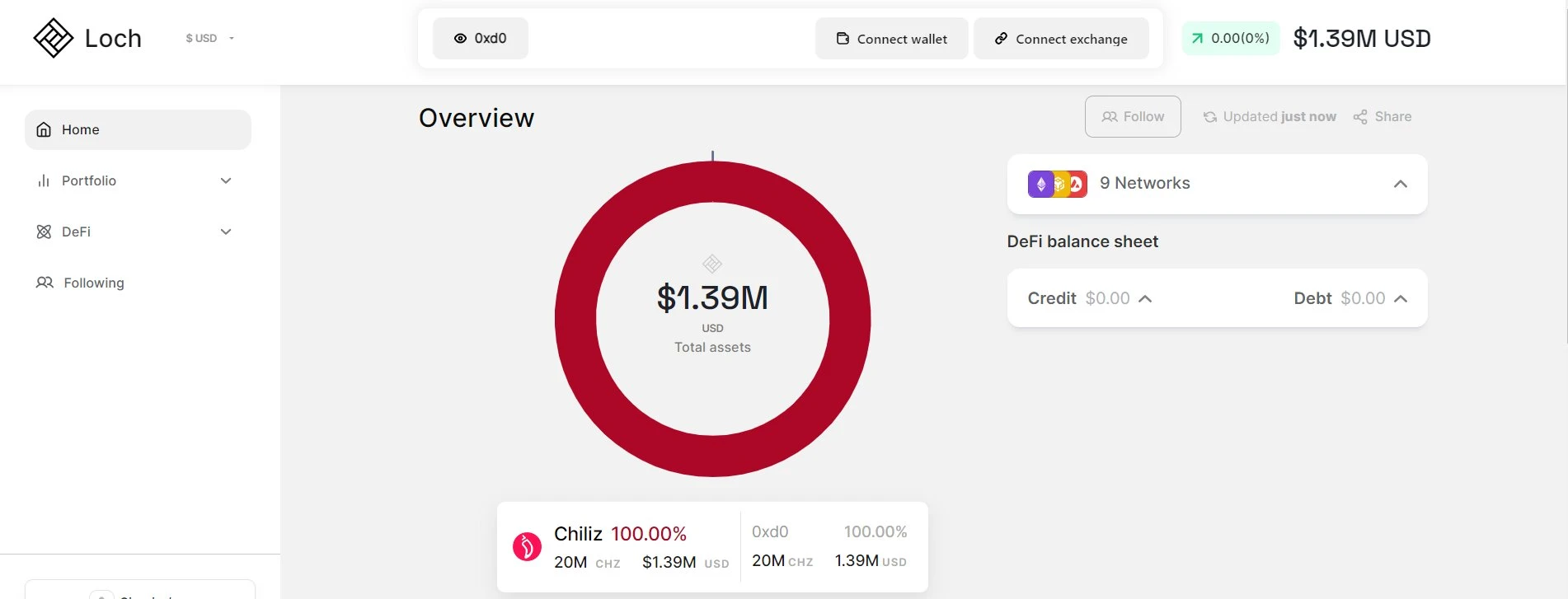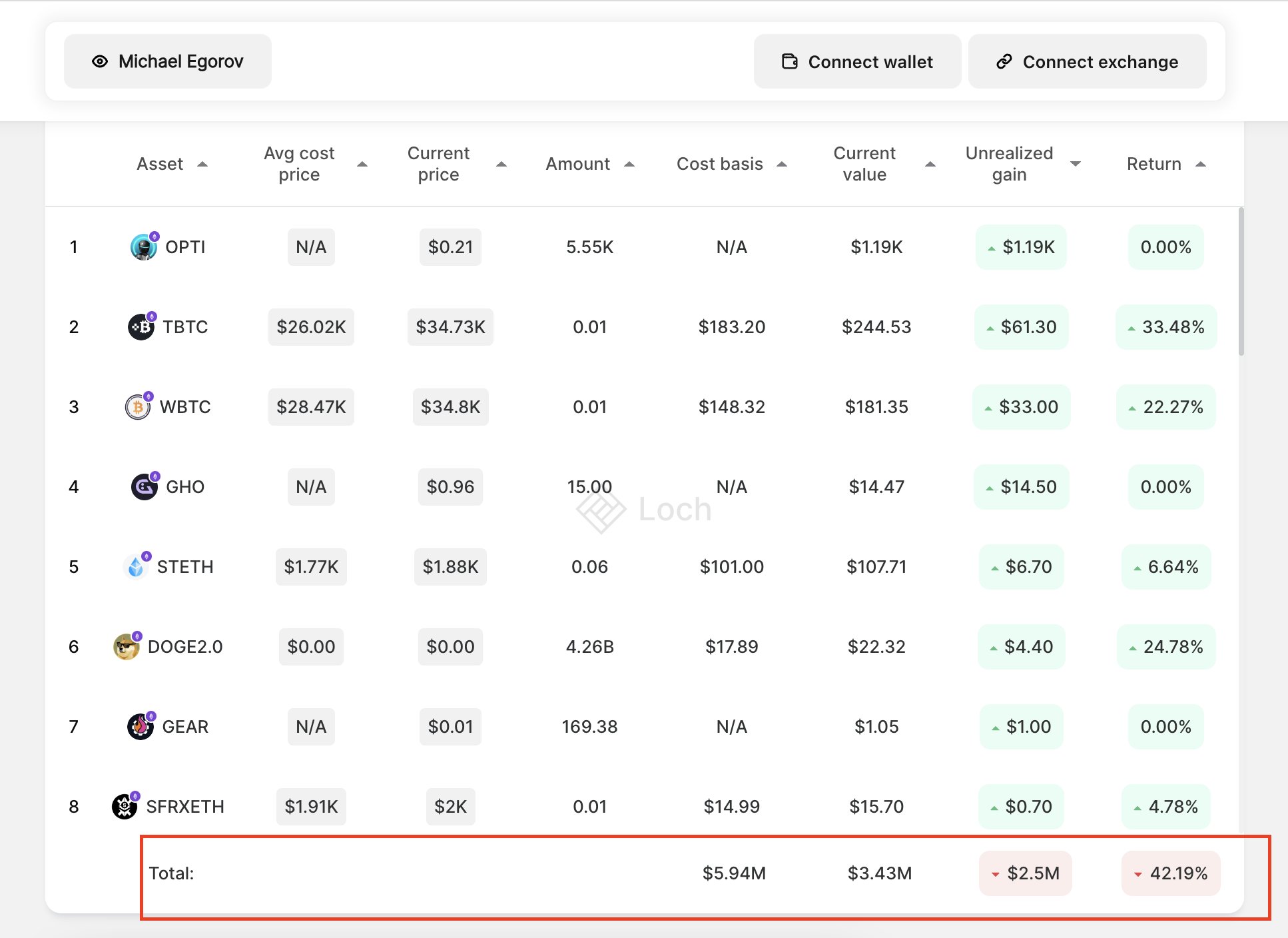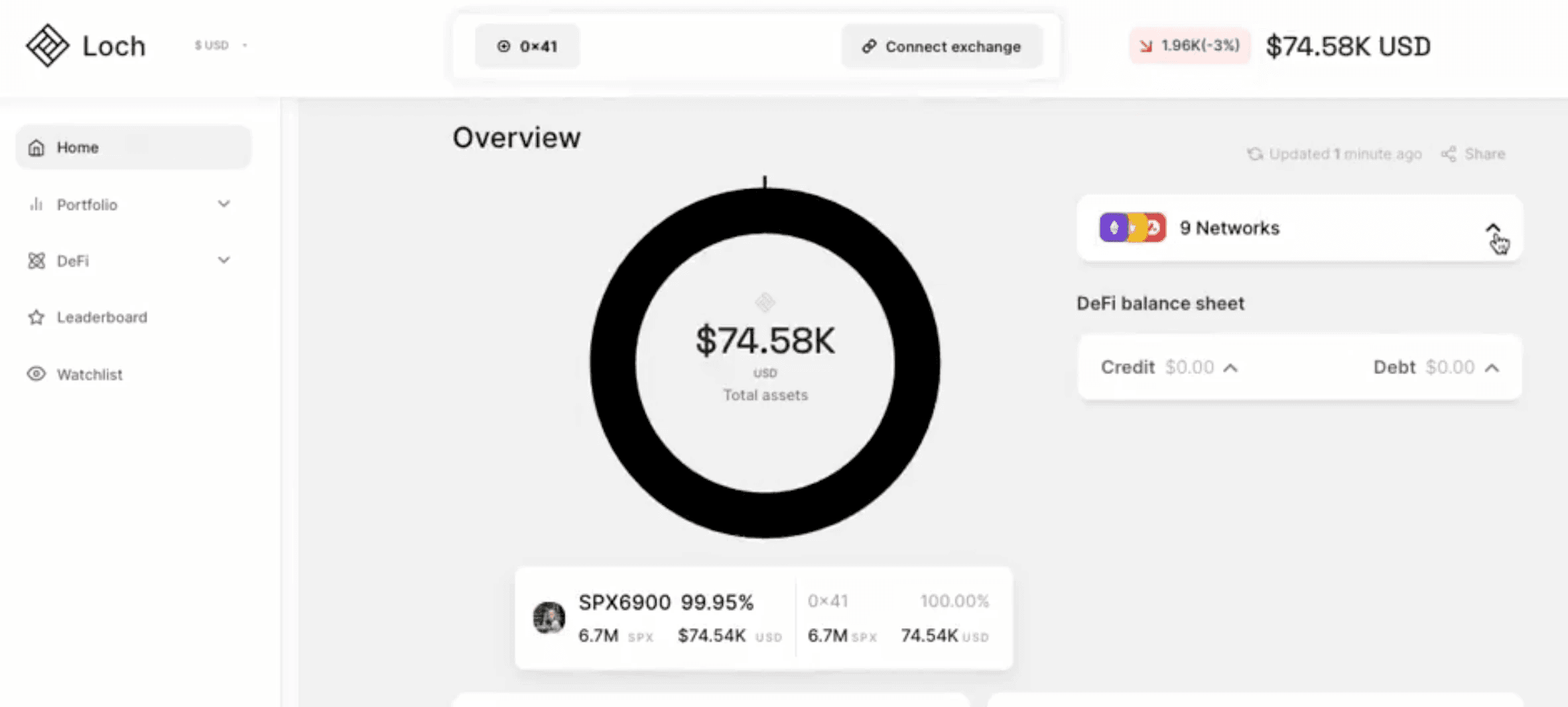Insider Selling or Smart Moves? Unveiling $RLB's Sellers
A concise summary of the article's key points:
Context of Insider Selling:
Recent rumors suggested insider dumping of $RLB tokens, raising concerns about the project's integrity.
Investigation Findings:
Investigation revealed major sales were from early investors and external whales, not core team members or insiders.
These external parties sold their holdings based on personal strategies and profit-taking.
Identification of Major Sellers:
Notable whales like 0x9e and 0xcb sold millions of $RLB, making substantial profits from their initial investments.
Analysis of Sell-Off:
All tokens were acquired via decentralized exchanges (DEXes), dispelling the notion of insider involvement.
Whales tend to sell off $RLB when prices surge, sparking debate on its impact: bearish due to whale actions or bullish for widening holder base.
The cryptocurrency market often witnesses fluctuations triggered by sell-offs and market movements. Recently, rumors swirled around a significant sell-off in $RLB, suggesting possible insider dumping.
Insider selling refers to the practice of key individuals within a company or organization selling shares or assets of the company that they own. These insiders could be company executives, directors, or employees who hold significant positions or have access to privileged information about the company's performance, plans, or future prospects. When these insiders sell their shares or assets, it may signal their lack of confidence in the company's future or their desire to profit from their holdings.
Insider selling isn't inherently illegal or unethical, but it becomes problematic when it's based on material, non-public information that could impact the stock's value. To prevent insider trading, insiders must comply with strict regulations and disclose their transactions to regulatory bodies, ensuring transparency in their trading activities.
However, a thorough investigation into the largest sellers revealed intriguing insights that challenged this narrative.
Our investigation into the claim of team members selling off $RLB tokens debunked the misconception. Contrary to the rumors, all the major sales originated from early investors and whales who opted to capitalize on profits.
When major sales originate from early investors and whales, it implies that these transactions were not initiated by insiders or core team members directly associated with the project.
Insider dumping typically refers to the act of individuals within a company or project divesting their holdings on the market. This kind of selling can often be associated with negative connotations, suggesting that those closely tied to the project might be selling their shares or tokens due to non-public information that could negatively affect the asset's value.
In contrast, when the major sales are made by early investors or whales, it suggests a different scenario. These early investors and whales are not part of the project's core team. They usually acquired their holdings through investments or early participation in the project.
Their decision to sell off holdings might be based on personal investment strategies, profit-taking, or capitalizing on the asset's price movements, especially if the token's value has significantly appreciated. This indicates that the selling activity is more likely a strategic move by external investors to realize profits rather than any insider-related actions.
Therefore, when significant sales are traced back to these external parties, it suggests that there's no direct involvement or influence from the project's insiders or core team members, refuting the notion of insider dumping.
Here's a comprehensive breakdown of some of the most substantial sellers:
The Smart Whale, identified as 0x9e, recently sold 7 million RLB, making a substantial $1 million profit. They currently retain 4.2 million RLB, holding an unrealized profit of $575,000 from these holdings. Their acquisition cost per RLB was $0.06.
Another astute investor, noted as 0xcb, sold 9.2 million RLB, yielding a notable $1.1 million profit. They still possess 13.9 million RLB, showcasing an impressive unrealized profit of $1.6 million. Their initial cost for each RLB stood at $0.08.
Additionally, @izebel_eth withdrew 9.08 million RLB from @rollbitcom, selling approximately $1.7 million worth of RLB. They transferred 1 million $RLB to their primary address (izebel.eth).
Analyzing the Sell-Off:
Upon scrutiny, it's evident that all the tokens sold recently were acquired through decentralized exchanges (DEXes) via open market transactions. This crucial finding dispels the notion of insider involvement or team-driven sales.
However, an interesting observation emerges: these whales tend to offload their $RLB holdings whenever the price surges, especially nearing its all-time high (ATH). This raises a compelling question for the community: is this bearish due to whale dumping, or bullish as it potentially widens the $RLB holder base amid consolidation, possibly leading up to a bull market? We invite you to share your perspectives in the comments section below!
via https://twitter.com/loch_chain/status/1720805993259655649
If you found this report insightful, consider liking and retweeting for more on-chain analyses. Discover the wallet links in the comments for further exploration.
Insider Selling or Smart Moves? Unveiling $RLB's Sellers
A concise summary of the article's key points:
Context of Insider Selling:
Recent rumors suggested insider dumping of $RLB tokens, raising concerns about the project's integrity.
Investigation Findings:
Investigation revealed major sales were from early investors and external whales, not core team members or insiders.
These external parties sold their holdings based on personal strategies and profit-taking.
Identification of Major Sellers:
Notable whales like 0x9e and 0xcb sold millions of $RLB, making substantial profits from their initial investments.
Analysis of Sell-Off:
All tokens were acquired via decentralized exchanges (DEXes), dispelling the notion of insider involvement.
Whales tend to sell off $RLB when prices surge, sparking debate on its impact: bearish due to whale actions or bullish for widening holder base.
The cryptocurrency market often witnesses fluctuations triggered by sell-offs and market movements. Recently, rumors swirled around a significant sell-off in $RLB, suggesting possible insider dumping.
Insider selling refers to the practice of key individuals within a company or organization selling shares or assets of the company that they own. These insiders could be company executives, directors, or employees who hold significant positions or have access to privileged information about the company's performance, plans, or future prospects. When these insiders sell their shares or assets, it may signal their lack of confidence in the company's future or their desire to profit from their holdings.
Insider selling isn't inherently illegal or unethical, but it becomes problematic when it's based on material, non-public information that could impact the stock's value. To prevent insider trading, insiders must comply with strict regulations and disclose their transactions to regulatory bodies, ensuring transparency in their trading activities.
However, a thorough investigation into the largest sellers revealed intriguing insights that challenged this narrative.
Our investigation into the claim of team members selling off $RLB tokens debunked the misconception. Contrary to the rumors, all the major sales originated from early investors and whales who opted to capitalize on profits.
When major sales originate from early investors and whales, it implies that these transactions were not initiated by insiders or core team members directly associated with the project.
Insider dumping typically refers to the act of individuals within a company or project divesting their holdings on the market. This kind of selling can often be associated with negative connotations, suggesting that those closely tied to the project might be selling their shares or tokens due to non-public information that could negatively affect the asset's value.
In contrast, when the major sales are made by early investors or whales, it suggests a different scenario. These early investors and whales are not part of the project's core team. They usually acquired their holdings through investments or early participation in the project.
Their decision to sell off holdings might be based on personal investment strategies, profit-taking, or capitalizing on the asset's price movements, especially if the token's value has significantly appreciated. This indicates that the selling activity is more likely a strategic move by external investors to realize profits rather than any insider-related actions.
Therefore, when significant sales are traced back to these external parties, it suggests that there's no direct involvement or influence from the project's insiders or core team members, refuting the notion of insider dumping.
Here's a comprehensive breakdown of some of the most substantial sellers:
The Smart Whale, identified as 0x9e, recently sold 7 million RLB, making a substantial $1 million profit. They currently retain 4.2 million RLB, holding an unrealized profit of $575,000 from these holdings. Their acquisition cost per RLB was $0.06.
Another astute investor, noted as 0xcb, sold 9.2 million RLB, yielding a notable $1.1 million profit. They still possess 13.9 million RLB, showcasing an impressive unrealized profit of $1.6 million. Their initial cost for each RLB stood at $0.08.
Additionally, @izebel_eth withdrew 9.08 million RLB from @rollbitcom, selling approximately $1.7 million worth of RLB. They transferred 1 million $RLB to their primary address (izebel.eth).
Analyzing the Sell-Off:
Upon scrutiny, it's evident that all the tokens sold recently were acquired through decentralized exchanges (DEXes) via open market transactions. This crucial finding dispels the notion of insider involvement or team-driven sales.
However, an interesting observation emerges: these whales tend to offload their $RLB holdings whenever the price surges, especially nearing its all-time high (ATH). This raises a compelling question for the community: is this bearish due to whale dumping, or bullish as it potentially widens the $RLB holder base amid consolidation, possibly leading up to a bull market? We invite you to share your perspectives in the comments section below!
via https://twitter.com/loch_chain/status/1720805993259655649
If you found this report insightful, consider liking and retweeting for more on-chain analyses. Discover the wallet links in the comments for further exploration.
Continue reading
Continue reading

Insider Selling or Smart Moves? Unveiling $RLB's Sellers
Nov 17, 2023

Insider Selling or Smart Moves? Unveiling $RLB's Sellers
Nov 17, 2023




